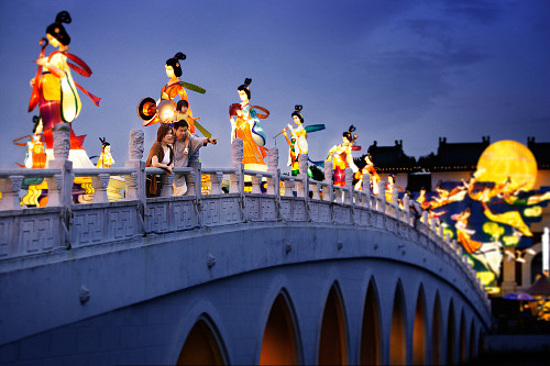For people from the West finding a job in Asia and getting this experience is not easy. Therefore Chazen Global Insights talked to experts on career development in Asia. Here are a few of there comments:
There is no such thing as “Asia”, only a collection of very different cultures. “People often underestimate the complexity and the diversity in Asia, not just across different markets but also within a single country. Doing business in India, for example, can be different across Bangalore, Calcutta, and Mumbai,” says Kalpana Denzel.
The region can be challenging. It is unpredictable, multi-cultured and fraud with social and political unrest. “You need a high comfort level with ambiguity and the ability to move quickly. For example, often you’ll find that there are no regulations in a given industry, or that the regulations are very vague and can change quickly as politics shift, so you have to be able to work with what you have,” comments Natalie Chan, Associate Director of Insead’s Career Development Centre in Singapore.
Expect the unexpected. “The traditional players, the large international corporations, always have a demand for talent, but there has been a quick rise of local, home-grown organizations and family enterprises now competing for the top candidates. Many of these private enterprises can offer top recruits more flexibility in terms of growth, the opportunity to make critical decisions, and to leverage their skill sets. That makes the market very exciting,” finds Michelle Wang Jingji, Head, Strategic Alliances and Partnership at the Human Capital Leadership Institute.
You will be competing with locals. Also demand is shifting, especially at the MBA level. “In more established markets, such as China, recruiters are telling us they would rather have someone with local experience and the ability to speak Mandarin over someone who might have better technical skills, because it’s very important for candidates to understand China,” warns Natalie Chan.
For full article go to:
Columbia Business School

